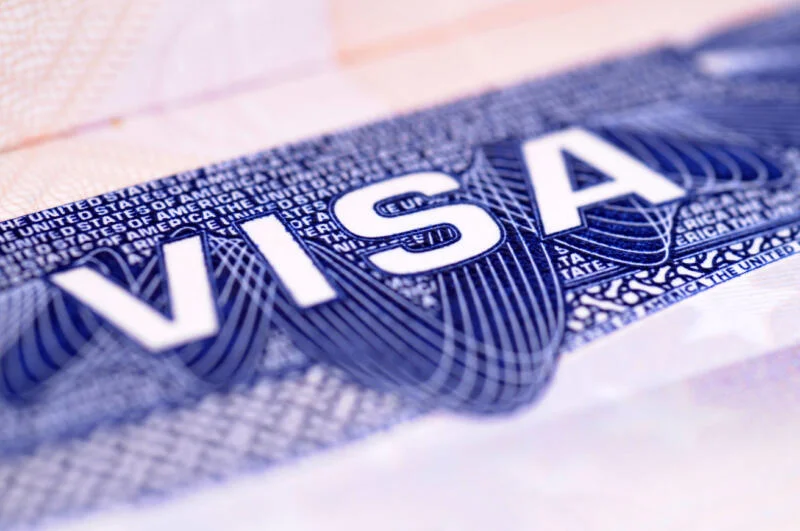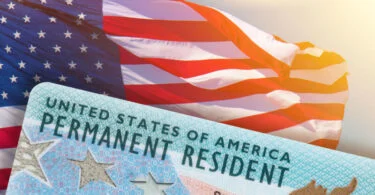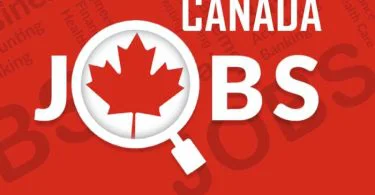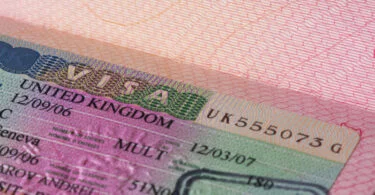If you plan to apply for a United States visa in 2025, the procedure may be more difficult than before, mainly if you come from one of the most difficult nations. A recent study by Brooks Law Firm showed that Rwanda has been identified as the hardest nation to relocate to in the United States in 2025.
The research examined immigration trends following Donald Trump’s second term as President, pointing out a significant crackdown on immigration. Officials emphasized that a United States visa is not a right but a privilege, and toughened laws to deter misuse.
Table of Contents
How The Research Rated The Hardest Nations
Researchers depended on their ratings on four primary metrics:
- Visa rejection rates: The rate of refused United States visa requests.
- Passport influence: An estimation of the number of nations a passport holder can enter visa-free or with a visa on landing.
- Green cards provided per 100k nationals: The number of permanent resident cards awarded in connection to the nation’s population.
- Immigration-associated online searchers for every 100k individuals: The level of interest in United States immigration from nationals of a specific nation.
It is worth noting that the information used in this research was obtained from official United States government sources and passport indexes and searched between January and March 2025.
Top 10 Hardest Nations To Obtain A United States Visa
The research indicates that Rwanda is the country where obtaining a United States visa is currently the most challenging. This illustrates the developing impact of the administration’s stringent immigration policies.
It also recognized the top ten nations where obtaining a United States visa is reportedly the most difficult in 2025:
- Rwanda
Rwanda experiences high visa rejection rates due to increased political examination, overstay concerns, and restricted economic prospects. United States officials see several requests as a threat to prospective immigration offenses.
- Algeria
Algerian nationals experience difficulties due to a record of visa overstays, national security vetting concerns, and insufficient evidence of solid connections to Algeria. Several candidates also fight to indicate financial stability.
- Guinea
Guinean candidates are often refused because of concerns that travelers may not return home. At the time of assessment, United States visa officials were concerned about Guinea’s weak economic situation and vulnerable passports.
- Burundi
Burundi’s ongoing political instability and reduced economic growth have severely increased the United States visa refusal rate. American officials are concerned about the feasibility of candidates overstaying or looking for asylum after access.
Should you find this piece engaging, we kindly invite you to explore the wealth of content in our other articles:
- How Your Spouse Or Partner Can Join You In Canada Sooner Than Anticipated In 2024
- USCIS Introduces New Tool To Assist Immigrants Adhere To Alien Enrollment Laws
- How to Sponsor Parents to Canada
- Universities in Canada Raise Alarm Over International Student Visa Limit
- Canada Ranks Second Among Happiest Countries In The G7
- Senegal
Regardless of friendly diplomatic relations, Senegalese candidates often get rejected for motives such as unclear travel purposes, restricted financial support, and a growing belief that many visitors seek long-term unauthorized visits.
- Uzbekistan
Uzbekistan, the only non-African nation on the list, faces a 64.41 percent visa rejection rate. United States administrations cite immigration threats, bad economic demonstrators, and a high record of visa misuse.
- Gambia
Gambians face a challenging United States visa authorization process due to their frequent history of overstays and visa scam cases. The United States authorities observe Gambian passports as a high threat to immigration implementation.
- Benin
Nationals of Benon usually find it challenging to persuade a visa official that they will return after visiting the United States. Economic difficulties and previous cases of visa offenses add to the rejection rates.
- Uganda
Uganda’s economic difficulties, combined with previous cases of visa overstays and weak travel records, make it challenging for its nationals to obtain a United States visa. Several candidates neglect to indicate solid home connections.
- Kenya
While Kenyans indicate an increased interest in United States immigration, they experience a 63.32 percent visa rejection rate. Concerns include the candidate’s financial instability, plan to overstay, and inconsistencies during the visa interview procedure.
Further Visa Caps On African Countries
In 2025, no African nation was listed in the United States Visa Waiver scheme, continuing a trend of exemption. However, the United States withdrew existing visas for South Sudanese nationals and prohibited future entrances, citing a neglected deportation case.
These actions underline the Trump government’s stringent stance that immigration is required to be tightly regulated, mostly from African countries.
Top Motives Why Your United States Visa Could Get Refused
Whether you come from Africa or another location, below is the list of the most general motives why United States visas get refused:
- Lacking solid connections to the home nation, such as family, employment, or assets.
- Not enough financial proof to protect travel costs.
- Incomplete or inconsistent documentation.
- Past visa overstays or immigration crimes.
- Criminal histories or safety concerns.
- Suspicious plans to relocate indefinitely on a non-immigrant visa.
- Bad interview rendition at the United States embassy.
Hint: Be truthful and properly ready for your United States visa interview.
In conclusion, if you plan to apply for a United States visa in 2025, be prepared for more stringent laws, especially if you come from one of the nations listed above. Adequate preparation can enhance your prospects of authorization.






